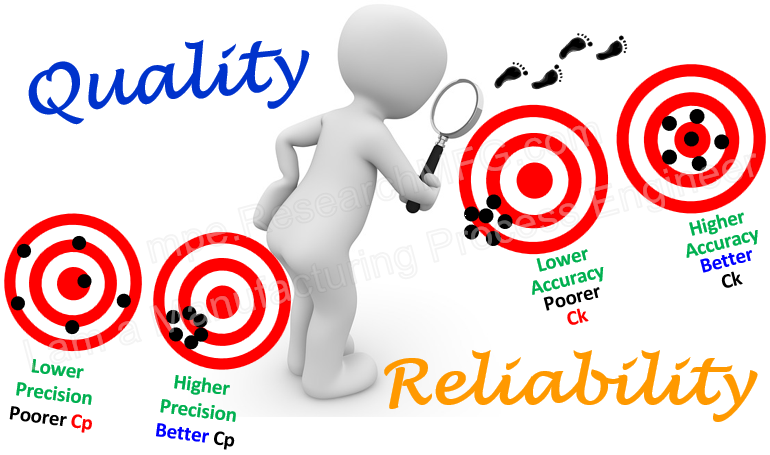
Do you know the difference between quality and reliability? These two terms often get confused, but if you dig deeper, they actually mean different things. So how do you tell them apart?
(The following is just Workingbear’s personal opinion and doesn’t claim to be 100% accurate.)
Quality is a broad concept. What exactly is “high quality”? People often say that Japanese products are high-quality and well-loved. So in a general sense, quality refers to how well a product meets or exceeds people’s expectations or satisfaction compared to other similar products.
When it comes to the manufacturing process, though, the term quality needs to be defined more precisely. In factories, quality typically refers to how well the final product or semi-finished product matches the defined standards using measurement systems. It’s often represented by the yield—the percentage of products that meet specifications. In this context, quality broadly covers everything from raw materials, semi-finished goods, and finished products, to customer service. And it’s typically based on quality requirements agreed upon with the customer.
On the other hand, reliability has a time-based element to it. It refers to whether a product or service can continue to perform its required function under specific environmental conditions (like temperature, humidity, oil, salt, etc.) and within a certain timeframe. Simply put, reliability means whether a product or service can function properly throughout its expected lifetime or usage cycle. The level of reliability affects how satisfied customers feel with the product’s quality over time. It’s closely related to the guaranteed lifespan of the product.
So in broader terms, most people would consider reliability as a part of quality. But in manufacturing, even though they’re related, quality and reliability are usually treated as separate domains. Quality in a factory setting focuses on whether a product meets its functional specifications—mostly related to the production process. Reliability focuses on how long a product lasts—mostly related to the design and components used.
There’s also a great analogy someone once shared online:
- Quality is about the condition of a product when you first receive it.
- Reliability is about how well it still works after you’ve used it for some time.
It’s like buying a car—quality refers to how good the car is when it’s brand new, while reliability refers to how well it holds up after a few years. A reliable car tends to hold its value better over time.
Related Posts:


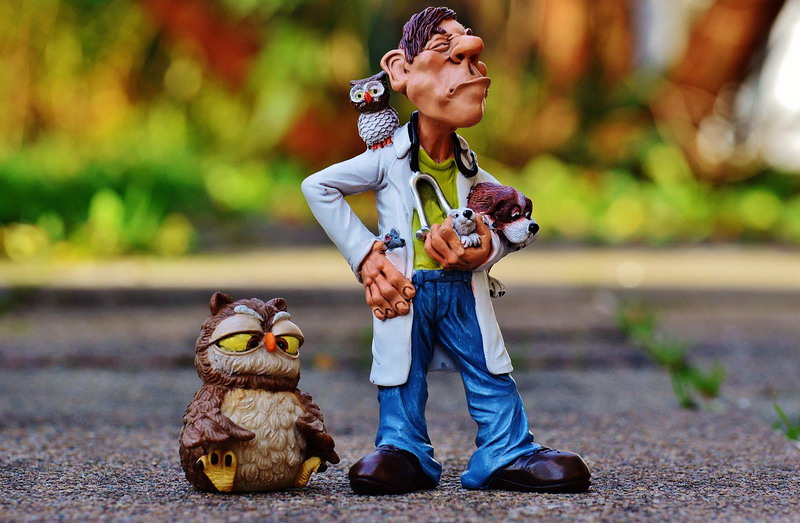
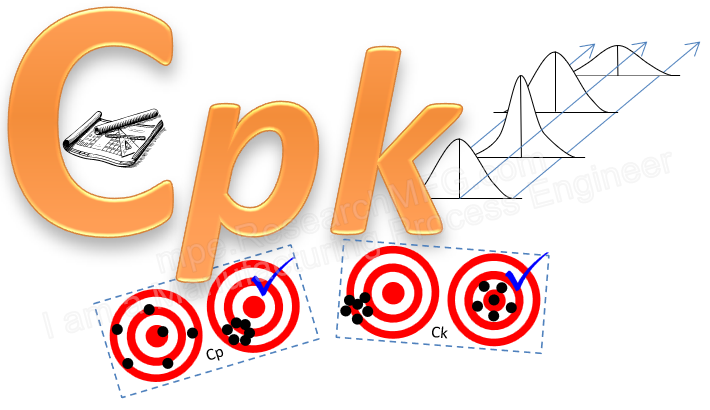
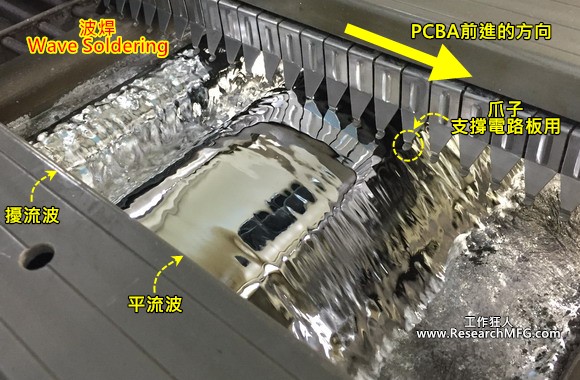

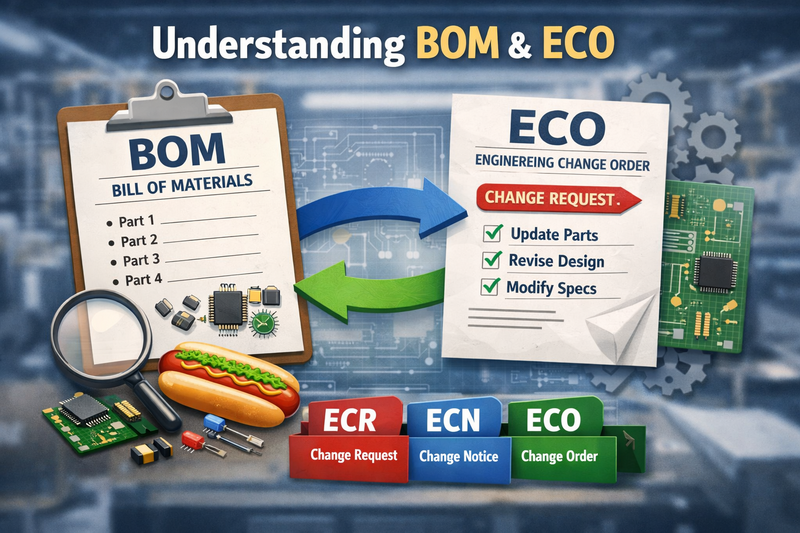

Leave a Reply